Best Foods for Strong Bones – Boost Calcium & Bone Health Naturally
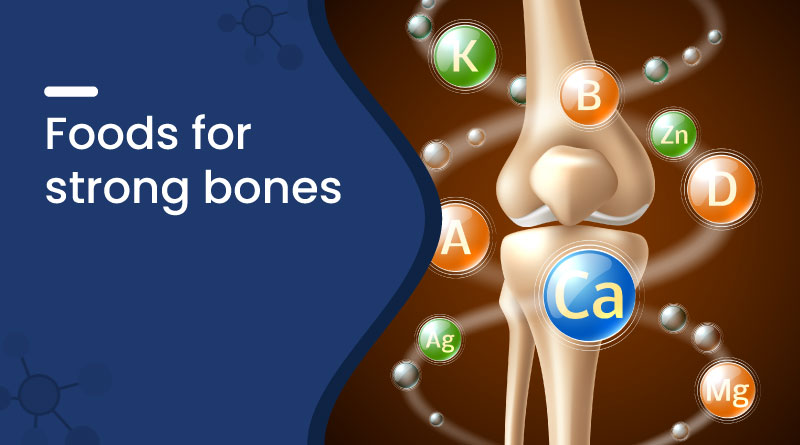

Calcium and Vitamin D3 Suspension
Calcium Carbonate(From Organic Source Oy...
Cholecalciferol 60000 I.U. per sachet
Strong bones are essential for maintaining overall body strength and stability. They support us, protect our organs, anchor muscles, and store calcium. As we age, maintaining bone density becomes crucial to prevent conditions like osteoporosis, fractures, and joint issues. One of the most effective ways to support bone health is through proper nutrition. This blog explores essential foods that can help keep your bones strong and the ones you should avoid.
Why Bone Health Matters?
Bones are dynamic, living tissues that constantly renew and rebuild themselves over time. However, after the age of 30, we begin to lose more bone mass than we build. If not addressed, this can lead to weak and brittle bones. Factors like poor diet, sedentary lifestyle, low calcium and vitamin D intake, and hormonal imbalances can further accelerate bone loss.
Key Nutrients for Strong and Healthy Bones
To build and maintain strong bones, it’s important to get enough of the following nutrients:
- Calcium – The primary mineral found in bones. It helps maintain bone structure and strength.
- Vitamin D – Aids in calcium absorption through the intestines and helps maintain balanced calcium levels in the blood.
- Magnesium – Helps convert vitamin D into its active form and plays a role in bone structure.
- Vitamin K – Aids in bone metabolism and plays a key role in maintaining calcium balance.
- Protein – Essential for bone repair and maintaining bone density.
Also read - Strengthen Your Bones with These Key Nutrients
Foods That Help in Bone Strengthening
Eating a balanced diet rich in bone-supporting nutrients can significantly improve bone strength. Here's a breakdown of foods grouped by the essential nutrients they provide:
1. Calcium-Rich Foods
- Milk, yogurt, cheese
- Leafy greens (kale, bok choy, turnip greens)
- Fortified plant-based milk (soy, almond)
- Tofu (calcium-set)
- Sardines (with bones)
- Almonds and sesame seeds
2. Foods High in Vitamin D
- Fatty fish (salmon, mackerel, sardines)
- Egg yolks
- Fortified dairy and plant-based products
- Fortified cereals
- Mushrooms exposed to sunlight
3. Magnesium-Rich Foods
- Nuts and seeds (almonds, sunflower seeds)
- Whole grains (brown rice, oats)
- Legumes (black beans, lentils)
- Spinach and other leafy greens
- Dark chocolate (in moderation)
4. Protein-Rich Foods for Bone Support
- Eggs
- Chicken and lean meats
- Dairy products
- Lentils and chickpeas
- Greek yogurt
- Soybeans and tofu
5. Vitamin K Sources
- Broccoli
- Kale
- Spinach
- Cabbage
- Green beans
Which Foods to Avoid and Why?
Eating the right type of food is important for healthy bones, but you should also be mindful of what not to eat, as certain foods can affect bone strength.
- Too Much Salt - Leads to Calcium Loss
A high-sodium diet increases calcium excretion through urine, which may eventually weaken bones. - Colas and Sugary Soft Drinks - Disrupt Calcium Absorption
Phosphoric acid in sodas can interfere with calcium absorption. Additionally, sugary drinks often replace more nutritious beverages like milk in the diet. - Excessive Caffeine - Decreases Bone Density
While moderate caffeine is generally safe, consuming it in large amounts (especially without sufficient calcium) may decrease bone mineral density over time. - Alcohol in Large Quantities - Disrupts Bone Metabolism
Chronic alcohol consumption interferes with the body’s ability to absorb calcium and produce hormones that regulate bone formation. - Very Low-Calorie or Protein-Deficient Diets
Crash diets that lack calories and protein can lead to muscle loss and reduced bone strength, particularly in older adults and women post-menopause.
Simple Lifestyle Tips to Support Bone Health
In addition to dietary changes, consider these habits for optimal bone support:
- Get regular sunlight for natural vitamin D production.
- Engage in weight-bearing exercises like walking, jogging, or resistance training.
- Avoid smoking, as it reduces bone mass.
- Monitor bone density, especially if you are over 50 or have a family history of osteoporosis.
Conclusion
Strong bones are built with a combination of good nutrition, physical activity, and healthy lifestyle choices. By including calcium-rich foods, ensuring adequate vitamin D, and avoiding bone-depleting habits, you can take meaningful steps toward lifelong skeletal health. Don’t wait for signs of weakness or fractures—start nourishing your bones today.
Frequently Asked Questions (FAQs)
Q. How do I increase my bone strength naturally?
A. You can increase your bone strength naturally by eating more foods that are rich in calcium, protein, and vitamins D & K.
Q. What foods should I avoid for bone health?
A. You should avoid or limit sodas, salty snacks, excess caffeine, and alcohol because they may weaken the bones.
Q. How does vitamin D help in maintaining bone strength?
A. Vitamin D assists the body in absorbing calcium and maintaining proper calcium levels in the bloodstream. Without it, even a calcium-rich diet won’t support bone health effectively.
Q. Do bones naturally get weaker with age?
A. Bone density naturally declines with age, but a healthy diet, exercise, and good habits can slow the process and keep bones strong.

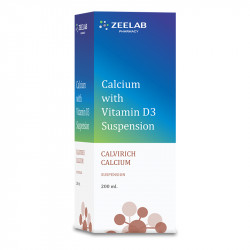
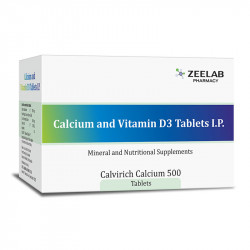
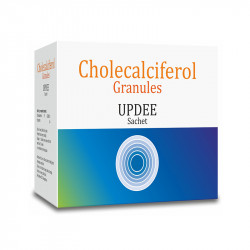


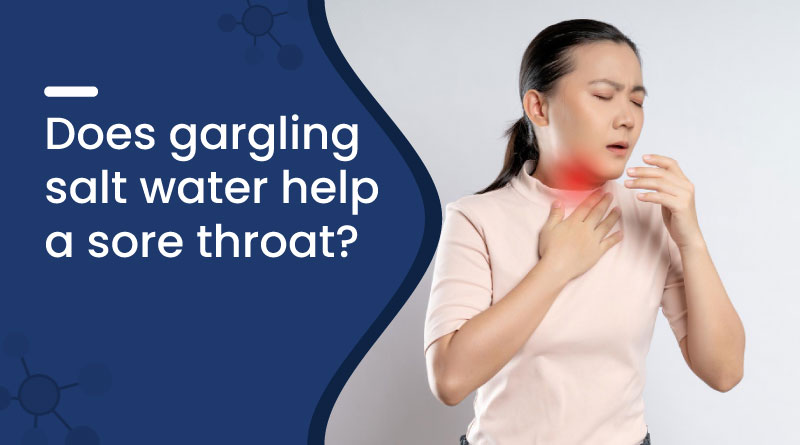
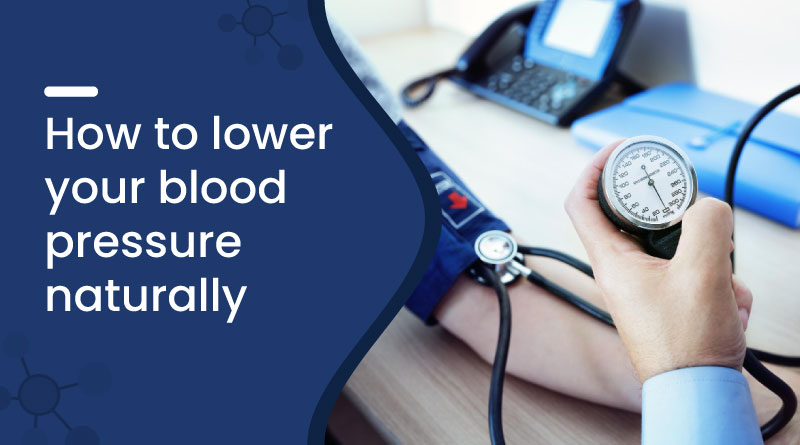
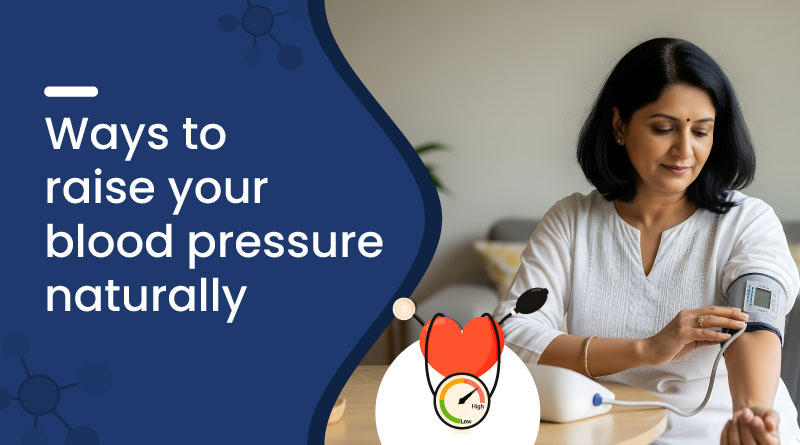


 Added!
Added!